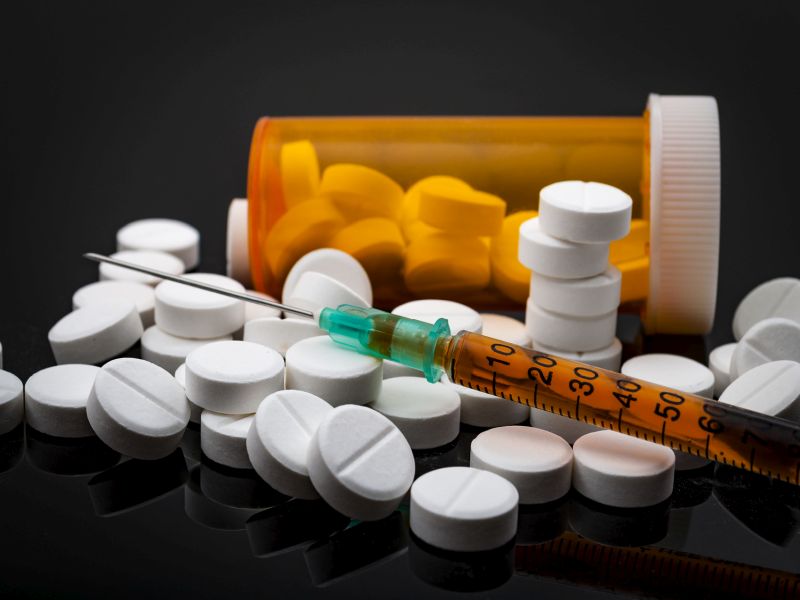

TUESDAY, Feb. 25, 2020 — Overcoming addiction can be difficult, with powerful cravings often causing relapse. But a psychiatrist offers some tips for success.
Know your triggers, said Dr. Nahla Mahgoub, of Gracie Square Hospital in New York City.
People in recovery are vulnerable to various environmental and emotional triggers, said Mahgoub.
That helps explain why an estimated 40% to 60% of people with substance use disorders relapse, according to the U.S. National Institute on Drug Abuse.
Stress is a key culprit, Mahgoub said.
“Studies have shown that a person previously exposed to drugs will crave drugs when they are stressed,” said Mahgoub. “In fact, substance abuse actually changes the way the brain functions.”
According to Mahgoub, a hormone in the brain increases dopamine levels in response to stress. Dopamine is a brain chemical affected by drugs like cocaine and amphetamines.
“People who are in recovery often experience cravings,” said Mahgoub. “Though cravings eventually pass, the brain remembers the pleasure it experienced during substance use without paying attention to the harm it caused.”
Cravings are uncontrollable urges that can manifest into physical and mental anguish.
Mahgoub encourages folks to understand the science behind cravings and identify their specific triggers. Boredom? Stress? Something in the environment?
To cope with cravings, Mahgoub recommended the following:
- Have a support system of family and friends. Talk to them about how you feel.
- Attend support group meetings.
- Distract yourself with a new hobby or exercise.
- Make a list of personal and legal consequences of substance abuse.
- Remind yourself that you are not alone. Continue to encourage yourself on your journey.
More information
The U.S. National Institute on Drug Abuse has more on addiction.
Source: Read Full Article